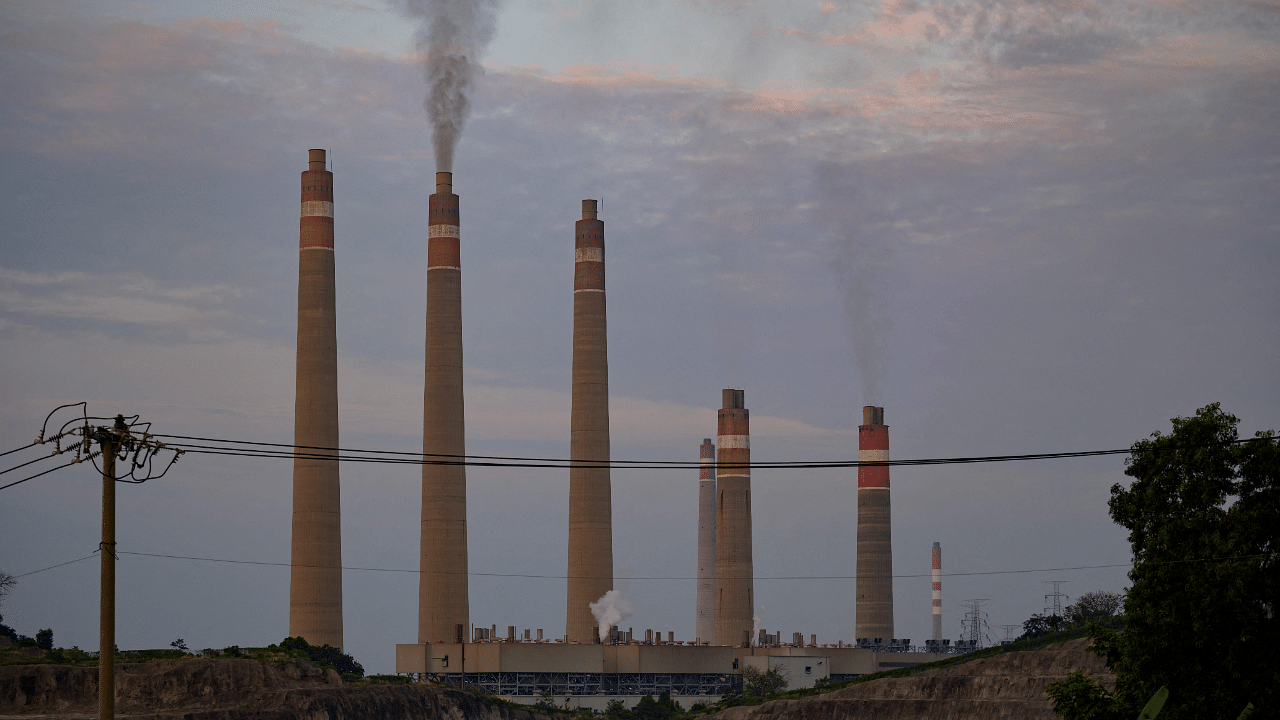
China is targeting an ambitious clean energy goal of reducing fossil fuel use to under 20 per cent by 2060, according to an official plan published by state media on Sunday.
The document follows a pledge by President Xi Jinping to wean the world's biggest polluter off coal, with a target of peaking carbon emissions by 2030 and achieving carbon neutrality 30 years later.
But the country has been criticised for pushing ahead with opening dozens of new coal power plants.
Authorities have also been looking to ramp up production with coal prices surging and supplies running low in recent days, both factors behind power outages.
But on Sunday, China's official Xinhua news agency laid out a host of targets in its path towards carbon neutrality.
Among them was the proportion of non-fossil fuel consumption reaching around 25 per cent of total energy use by 2030 -- when the nation targets peak emissions.
Also Read | CoP26: Climate has changed, the hypocrisy hasn’t
By then, carbon dioxide emissions per unit of GDP would have dropped by more than 65 per cent from 2005 levels, while the total installed capacity of wind and solar power is targeted to reach more than 1.2 billion kilowatts, Xinhua said.
The guidelines also reiterated an earlier aim for carbon emissions per unit of GDP to fall 18 per cent in 2025, from 2020 standards.
China faces a struggle to wean itself off coal, which fuels nearly 60 per cent of its energy-hungry economy.
Also Read | How to make climate action popular
Economic planners are nervous about slashing coal too quickly as it could cripple growth.
While China said in an earlier statement that President Xi intended to "strictly control" the growth of coal power plants, it also signalled a continued increase in the next few years, saying coal consumption would start to gradually reduce from 2026.
Watch the latest DH Videos here: